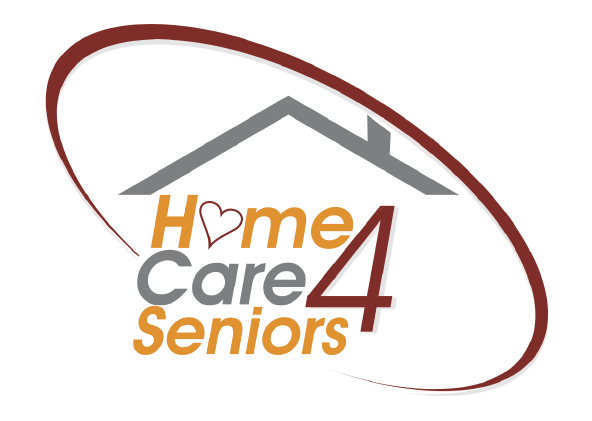National Registered Dietitian Nutritionist Day: Why Seniors Should Consider One
- HC4S

- Mar 25, 2025
- 2 min read

Every year, on the second Wednesday of March, we celebrate National Registered Dietitian Nutritionist (RDN) Day to recognize these professionals' vital role in promoting health through proper nutrition.
For seniors, maintaining a balanced diet is essential for managing chronic conditions, supporting longevity, and improving overall well-being. But should seniors have a registered dietitian nutritionist? Absolutely!
What is a Registered Dietitian Nutritionist (RDN)?
A Registered Dietitian Nutritionist (RDN) is a credentialed nutrition expert who provides personalized dietary advice based on science-backed research. Unlike general nutritionists, RDNs have completed rigorous education and clinical training, making them uniquely qualified to help seniors with their specific dietary needs.
Why Seniors Should Consider an RDN
Managing Chronic Conditions
Many seniors face health challenges such as:
Diabetes (managing blood sugar)
Heart disease (lowering cholesterol and blood pressure)
Osteoporosis (boosting calcium and vitamin D intake)
Digestive issues (managing acid reflux or constipation)
An RDN can create custom meal plans to support these conditions while ensuring seniors get the proper nutrients.
Preventing Malnutrition
Aging can lead to decreased appetite, difficulty chewing, or taste changes, which may result in nutrient deficiencies. An RDN can identify potential issues and recommend foods or supplements to maintain strength and vitality.
Improving Digestive Health
Seniors often struggle with constipation, acid reflux, or food intolerances. An RDN can help by recommending high-fiber foods, probiotics, and hydration strategies to promote gut health.
Maintaining a Healthy Weight
Whether a senior needs to gain or lose weight, an RDN can provide safe and effective dietary strategies to achieve a healthy balance without extreme dieting.
Enhancing Cognitive Function
Proper nutrition plays a role in brain health. An RDN can suggest omega-3-rich foods, antioxidants, and vitamin B12 sources to help support memory and cognitive function.
Customized Nutritional Advice
Unlike generic diet plans, an RDN tailors recommendations to fit individual preferences, medical needs, and lifestyle, making it easier for seniors to stick to a healthy diet.
How to Find a Registered Dietitian Nutritionist
Seniors interested in working with an RDN can:
Ask their doctor for a referral
Check Medicare coverage (some seniors qualify for nutrition counseling)
Visit the Academy of Nutrition and Dietetics website (www.eatright.org) to find a certified professional.
Final Thoughts
On National Registered Dietitian Nutritionist Day, we celebrate the professionals who help seniors live healthier, more fulfilling lives through proper nutrition. Whether managing a chronic condition, preventing malnutrition, or simply aiming for better health, working with an RDN can be a game-changer for older adults.





Comments